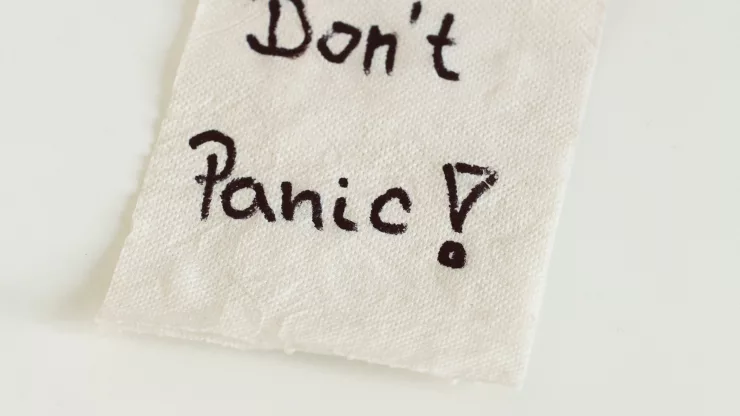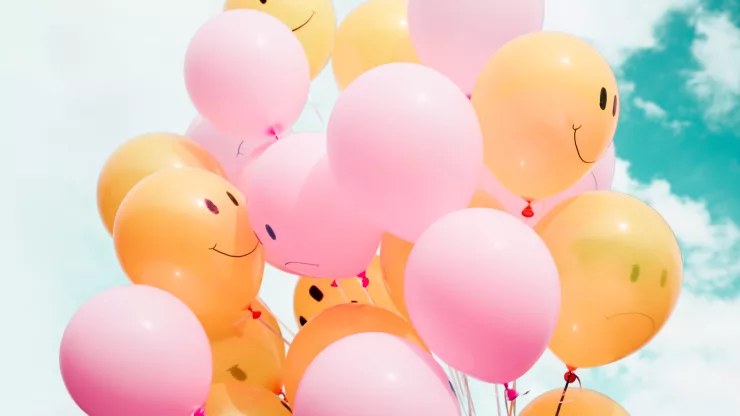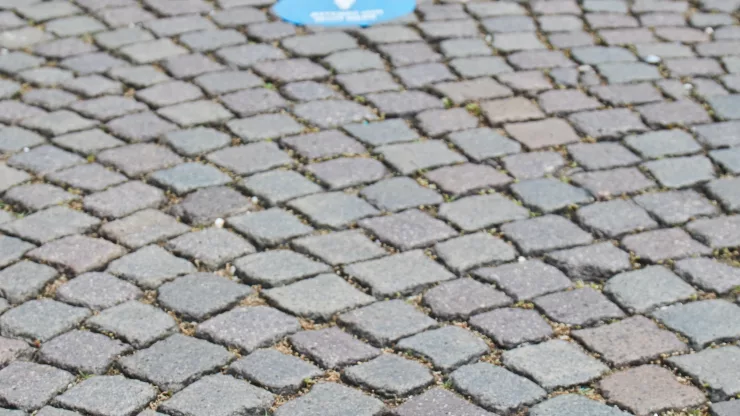The Power of Forgiveness: Letting Go for a Happier Life
Forgiveness is a powerful tool that can change our lives in incredible ways. It frees us from the burden of anger and resentment, and helps us move forward with a sense of inner peace and happiness.
Forgiveness isn’t always easy, but it’s always worth it.
In this article, we’ll explore the science of forgiveness, why it’s better than revenge, and practical tips for how to forgive both others and ourselves.
We’ll also look at the healing power of forgiveness in relationships, and how forgiveness can lead to a happier life.
Jump to Section
The Science of Forgiveness: Benefits for Mental Health
Forgiveness has been shown to have a range of benefits for our mental health. Studies have found that forgiveness can:
- Reduce symptoms of depression, anxiety, and stress
- Improve self-esteem and self-worth
- Increase feelings of compassion and empathy towards others
- Improve relationships with others
- Reduce the risk of substance abuse and addiction
These benefits are thought to be due to the fact that forgiveness helps us let go of negative emotions and focus on positive ones.
When we forgive, we’re able to release anger, resentment, and bitterness, and replace them with feelings of empathy, understanding, and love.
This can have a profound impact on our mental health and wellbeing.
Forgiveness vs. Revenge: Why Forgiving is Better
While revenge might seem like a tempting option when we’ve been wronged, research shows that forgiveness is actually a much better choice. Here are some reasons why:
- Revenge doesn’t actually make us feel better in the long run. In fact, it can make us feel worse.
- Revenge can escalate conflicts and lead to further harm.
- Forgiveness can help us let go of negative emotions and move on with our lives.
- Forgiveness can improve relationships and lead to greater understanding and compassion.
Ultimately, forgiveness is a more powerful and effective way of dealing with conflict than revenge. It allows us to break the cycle of negativity and move towards a more positive and peaceful future.
How to Forgive: Practical Tips and Strategies
Forgiveness isn’t always easy, but it’s something that we can learn and practice. Here are some practical tips and strategies for how to forgive:
- Acknowledge your feelings and allow yourself to feel them.
- Try to see the situation from the other person’s perspective.
- Practice empathy and compassion towards the person who wronged you.
- Consider talking to the person about what happened and how you feel.
- Focus on the positive aspects of the situation, such as what you learned or how you grew.
Remember, forgiveness is a process that takes time and effort. It’s okay if you don’t feel ready to forgive right away.
Be patient with yourself and allow yourself to heal in your own time.
Forgiving Yourself: The Key to Personal Growth
Forgiveness isn’t just about forgiving others – it’s also about forgiving ourselves.
When we make mistakes or fall short of our own expectations, it can be easy to beat ourselves up and dwell on our shortcomings.
But self-forgiveness is an essential part of personal growth and wellbeing.
To forgive yourself, try:
- Acknowledging your mistake and taking responsibility for it.
- Recognizing that everyone makes mistakes and that you’re not alone.
- Focusing on what you can learn from the situation and how you can grow.
- Practicing self-compassion and kindness towards yourself.
Remember, self-forgiveness isn’t about excusing harmful behavior or ignoring the consequences of our actions. It’s about taking responsibility, learning from our mistakes, and moving forward with a sense of self-love and compassion.
The Healing Power of Forgiveness in Relationships
Forgiveness is an essential part of healthy relationships. When we hold onto grudges and refuse to forgive, it can lead to resentment, bitterness, and distance between us and our loved ones. But when we practice forgiveness, we can heal wounds and strengthen our bonds.
Here are some ways that forgiveness can promote healing in relationships:
- It allows us to let go of negative emotions and focus on positive ones.
- It promotes empathy and understanding between us and our loved ones.
- It can lead to greater trust and intimacy in our relationships.
- It can help us work through conflicts and find resolutions.
Remember, forgiveness isn’t about letting people off the hook or forgetting about the harm that was done. It’s about choosing to release negative emotions and move towards a more positive future with our loved ones.
Forgiveness and Happiness: The Connection Explained
Forgiveness and happiness are deeply connected. When we hold onto anger, resentment, and bitterness, it can weigh us down and make us unhappy.
But when we practice forgiveness, we can let go of these negative emotions and experience greater joy and fulfillment in our lives.
Here are some ways that forgiveness can lead to greater happiness:
- It allows us to focus on positive emotions like love, compassion, and gratitude.
- It promotes greater self-awareness and personal growth.
- It strengthens our relationships with others and promotes greater social support.
- It helps us let go of negative emotions and live in the present moment.
Ultimately, forgiveness is a key ingredient for a happy and fulfilling life.
FAQ
What if the person who wronged me doesn’t apologize or show remorse?
Forgiveness doesn’t require an apology or remorse from the other person. It’s a choice that we make for ourselves, to release negative emotions and move forward with our lives.
While an apology or remorse from the other person can be helpful, it’s not necessary for us to forgive.
Is forgiveness the same as forgetting?
No, forgiveness isn’t the same as forgetting. Forgiveness is about choosing to release negative emotions and move forward with our lives, while remembering the lessons that we’ve learned from the situation.
It’s possible to forgive someone without forgetting what happened.
Can forgiveness be too easy?
Forgiveness can be a process that takes time and effort, but it’s also possible to forgive quickly and easily.
It’s important to remember that forgiveness is a personal choice, and there’s no right or wrong way to do it.
If forgiving someone feels too easy, it’s okay to take some time to reflect and process your emotions before moving forward.

With a deep passion for personal development, Ben has dedicated his career to inspiring and guiding others on their journey towards self-improvement.
His love for learning and sharing knowledge about personal growth strategies, mindfulness, and goal-setting principles has led him to create My Virtual Life Coach.
Contact Ben at [email protected] for assistance.




